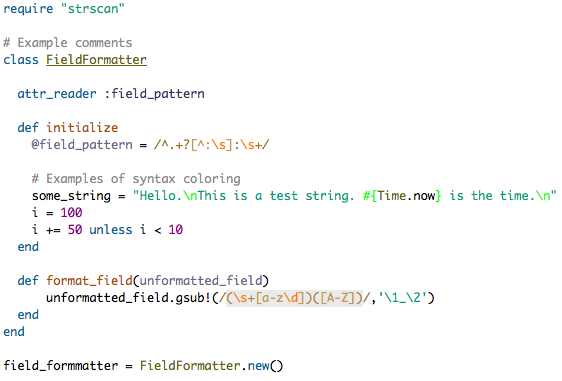Ruby
WHAT IS RUBY?
- Ruby is a dynamic and object-oriented programming language that emphasizes clean syntax and developer happiness, making it enjoyable and intuitive to write code.
- With its simplicity and elegance, Ruby promotes readability and reduces unnecessary complexity, enabling developers to express their ideas more effectively.
- Ruby’s versatility shines through its applications in web development, scripting, automation, and a wide range of software development projects.
- The robust community and ecosystem surrounding Ruby provide extensive libraries, gems, and frameworks, fostering collaboration and accelerating development by leveraging shared knowledge and resources.

USE OF RUBY
- Ruby is widely used in web development, allowing developers to build powerful and scalable web applications.
- It is utilized for scripting and automation tasks, enabling the creation of efficient and automated workflows.
- Ruby’s simplicity and productivity make it an excellent choice for prototyping and rapid development, facilitating faster iteration and experimentation.
- With a strong testing ecosystem, Ruby supports test-driven development and behavior-driven development, ensuring code quality and maintainability.
- Ruby is employed in data analysis and processing tasks, providing libraries and tools for scientific computing, data manipulation, and statistical analysis.
WHAT ARE THE FEATURES OF RUBY?
Object-Oriented – Ruby is a fully object-oriented programming language, where everything is an object. It supports the principles of encapsulation, inheritance, and polymorphism, allowing for modular and reusable code.
Dynamic and Flexible – Ruby is a dynamically-typed language, meaning variable types are determined at runtime. It allows for flexible and dynamic programming, enabling developers to make changes and modifications easily.
- Exception Handling – Ruby has robust exception handling mechanisms, allowing developers to gracefully handle errors and exceptions in their code. This promotes more reliable and robust applications by handling unexpected situations effectively.


Clean and Readable Syntax – Ruby emphasizes readability and developer happiness with its clean and elegant syntax. It focuses on human-readable code, making it easier to write and understand, which leads to improved productivity and collaboration.
Metaprogramming Capabilities – Ruby provides powerful metaprogramming features, allowing developers to modify and extend the language itself. This enables the creation of DSLs (Domain-Specific Languages) and provides flexibility in defining and modifying behavior at runtime.
Garbage Collection – Ruby has a built-in garbage collector that manages memory automatically. It frees developers from manual memory management tasks, reducing the risk of memory leaks and making the language more user-friendly.
THE BENEFITS OF LEARNING TO CODE WITH RUBY
Simplicity and Readability – Ruby has a clean and readable syntax that prioritizes developer happiness. Learning Ruby can improve your overall programming skills and enhance your ability to write elegant and expressive code.
Versatility – Ruby is a versatile language that can be used for various purposes, such as web development, scripting, automation, data analysis, and more. Learning Ruby opens up opportunities to work on different types of projects and broaden your skill set.
Strong Community and Resources – Ruby has a supportive and active community that provides ample resources, tutorials, and documentation. Learning Ruby means having access to a wealth of knowledge, libraries, frameworks, and gems that can accelerate your development process.
Rapid Development – Ruby’s focus on developer productivity allows you to write code quickly and efficiently. Its elegant syntax and extensive libraries enable rapid prototyping and iteration, making it an ideal choice for agile development and startups.
Object-Oriented Programming – Ruby’s object-oriented nature encourages modular and reusable code, leading to better software design and maintainability. Learning Ruby helps you grasp essential concepts of object-oriented programming, which can be applied to other languages as well.
